I made a band of all girls because I think we need more of them, also I didn’t want to put up with boys telling me how to do things. I had originally wanted to find girls who couldn’t play an instrument, my mate made me a poster to put around campus, but I changed my mind on that pretty quickly. It felt too ambitious and so I went along to the Band Soc welcome meeting to try find some girl musicians. Luckily, I bumped into Amy (guitarist), Julia (drummer) and Joycelyn (keyboardist) and we had a rehearsal two days later. Band Soc have supported us this year, it’s given us instruments, equipment and a rehearsal room.
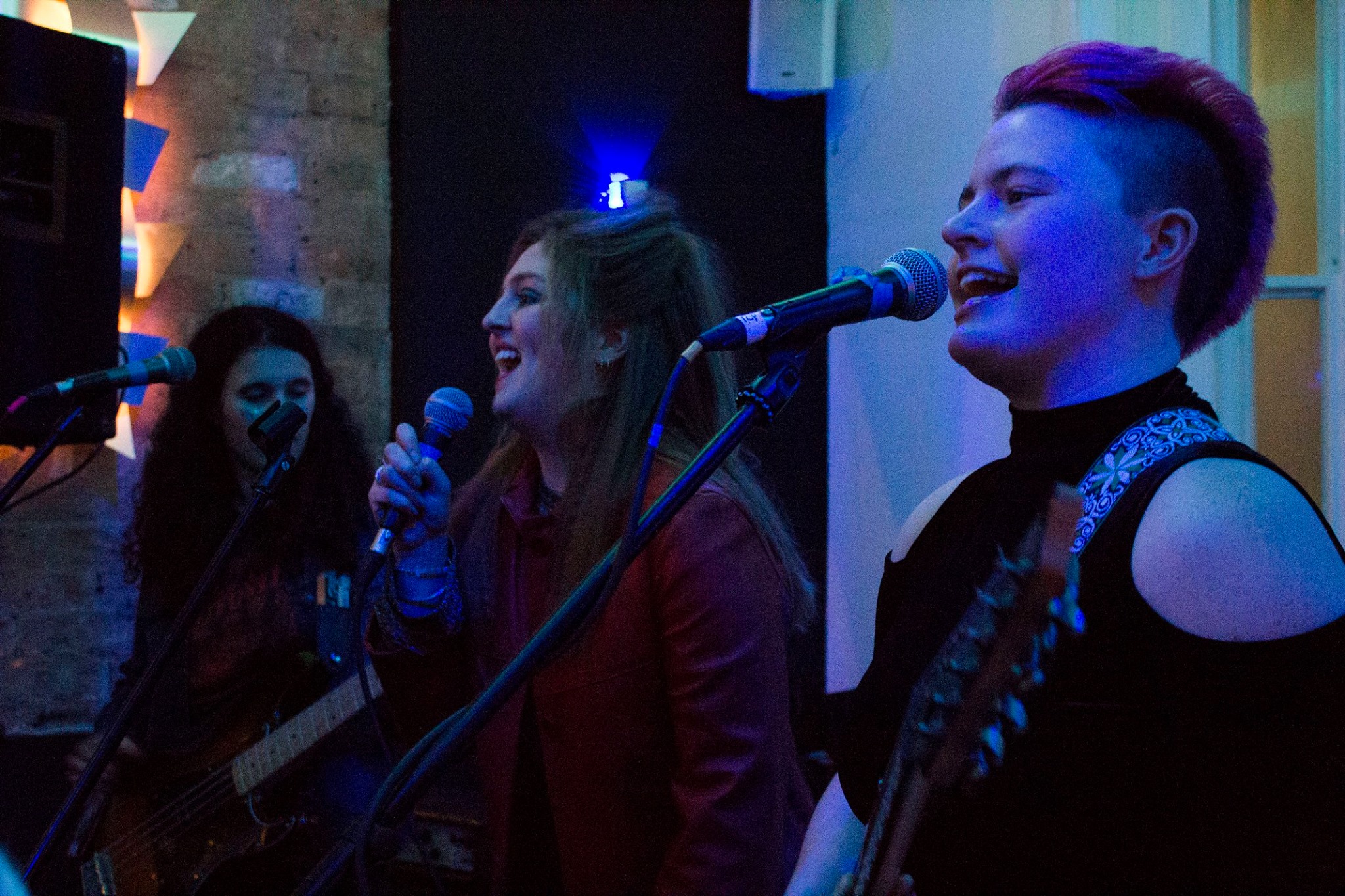
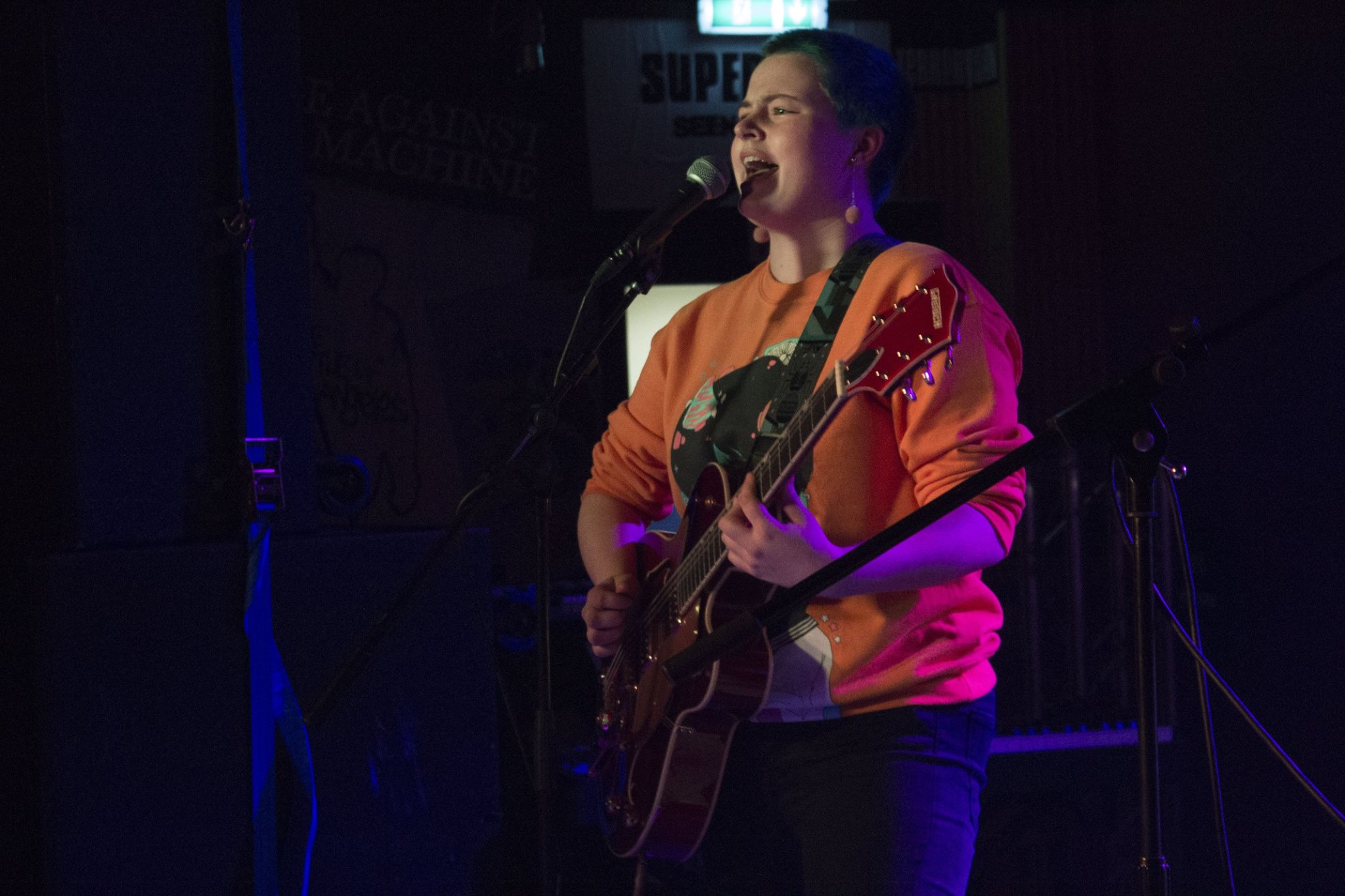
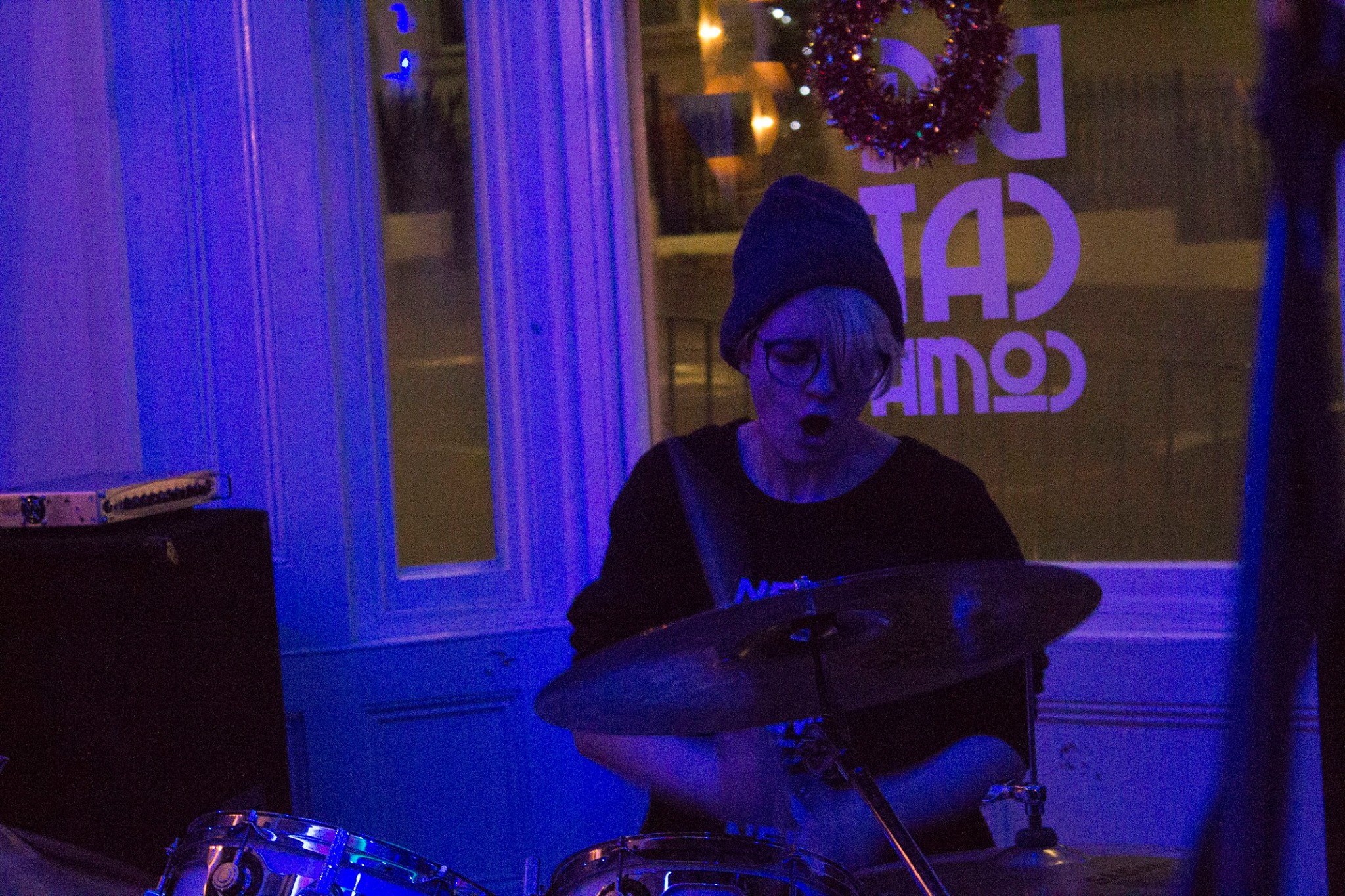
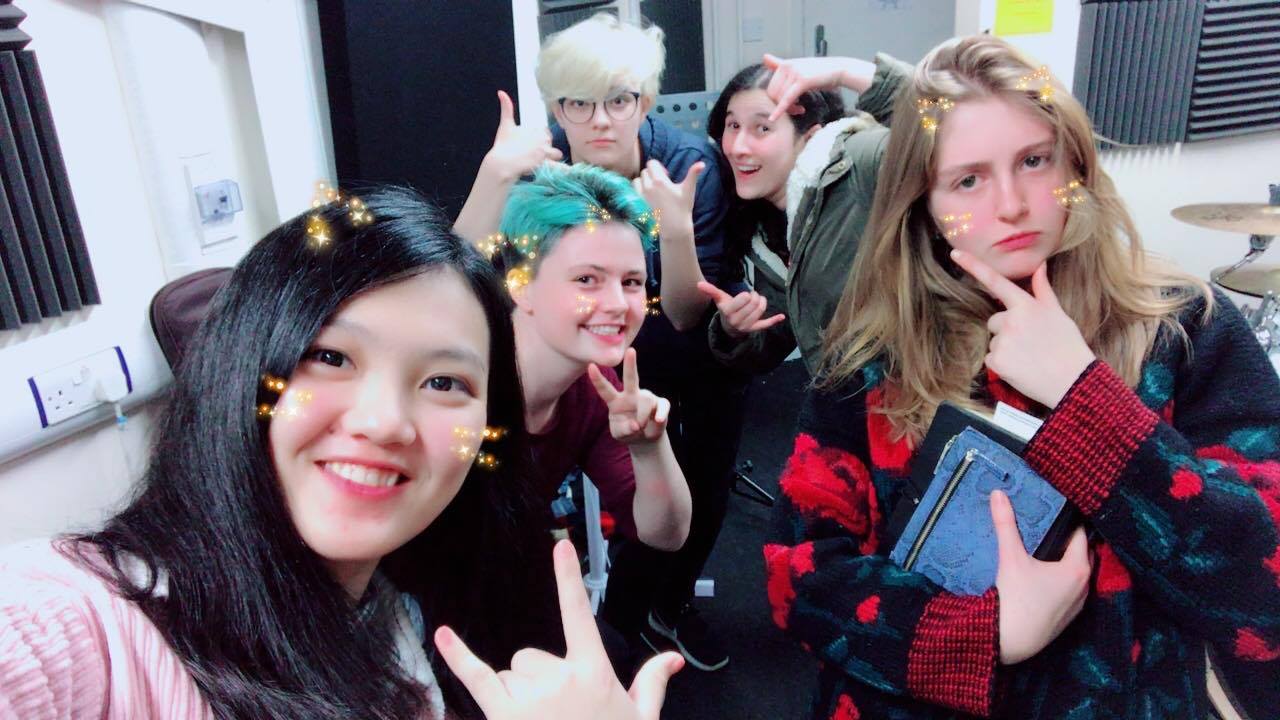
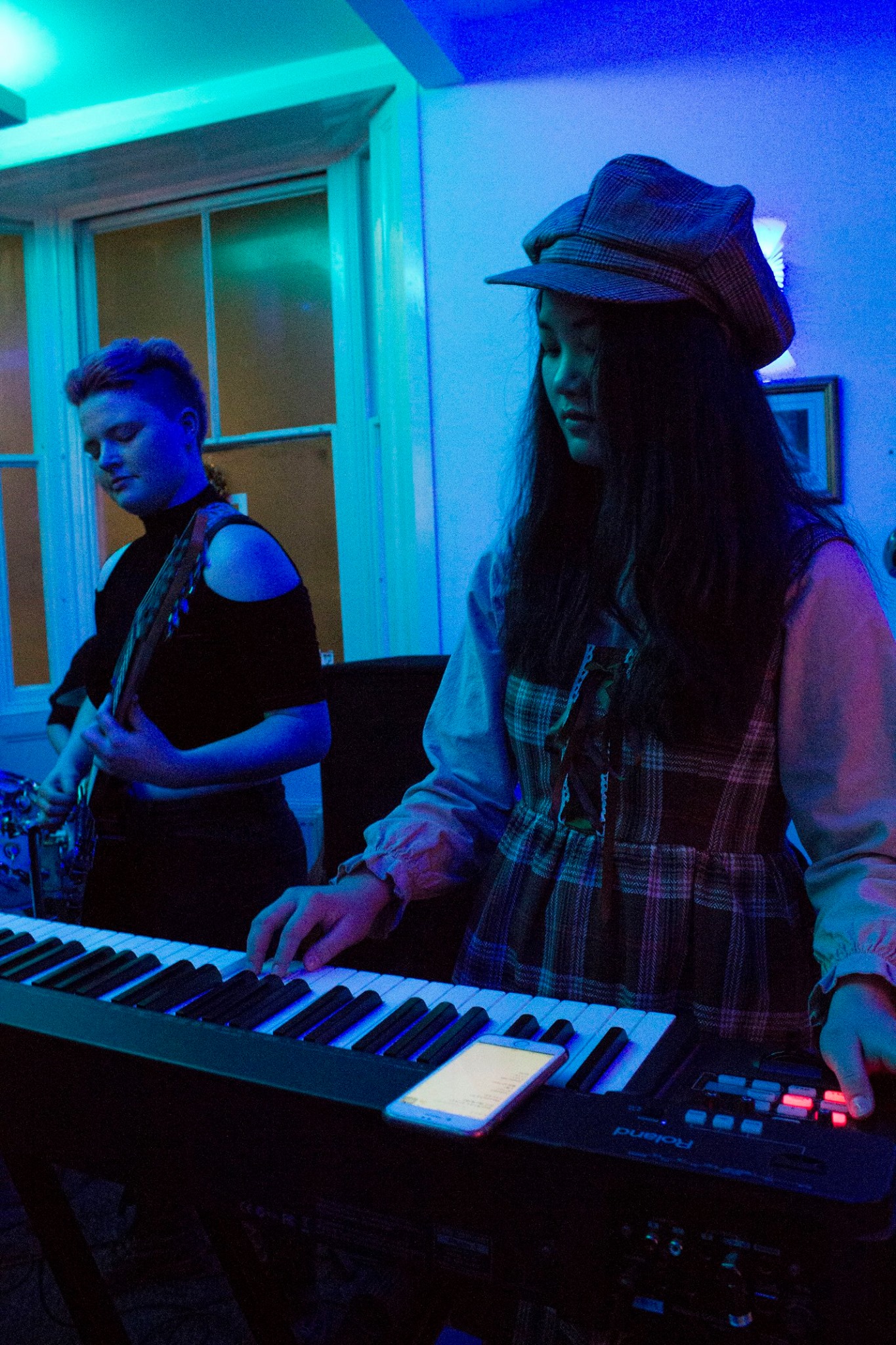
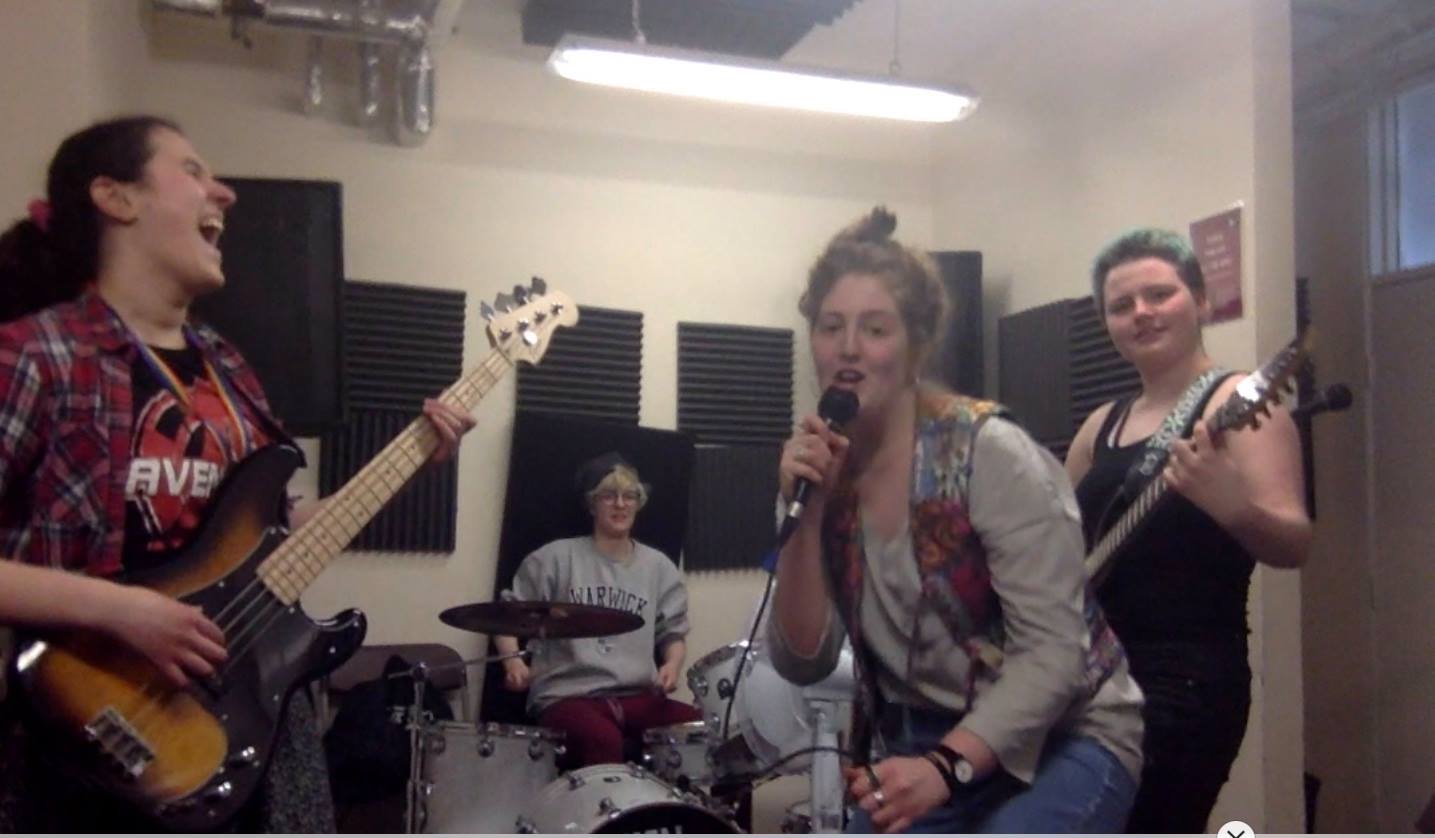
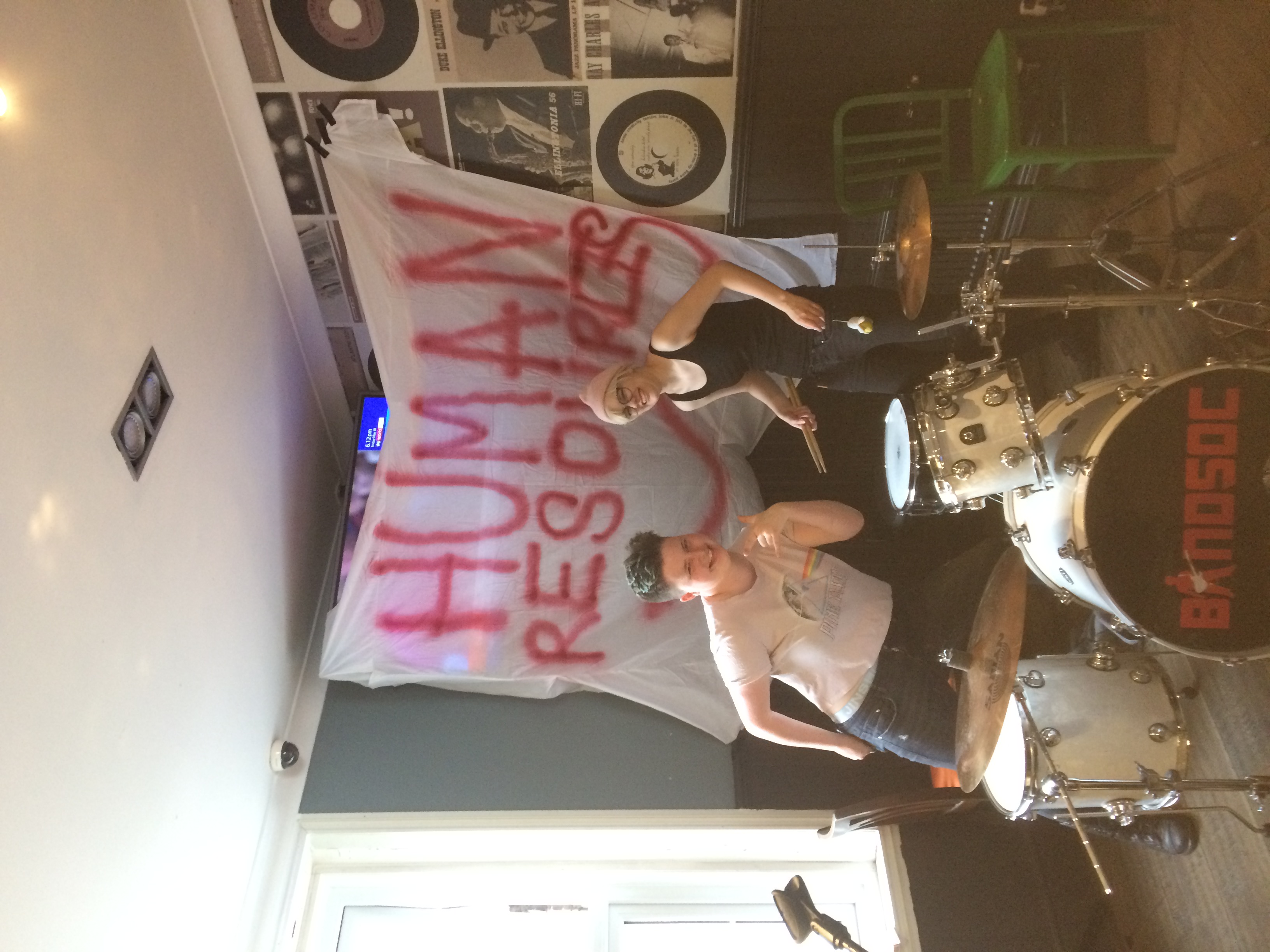
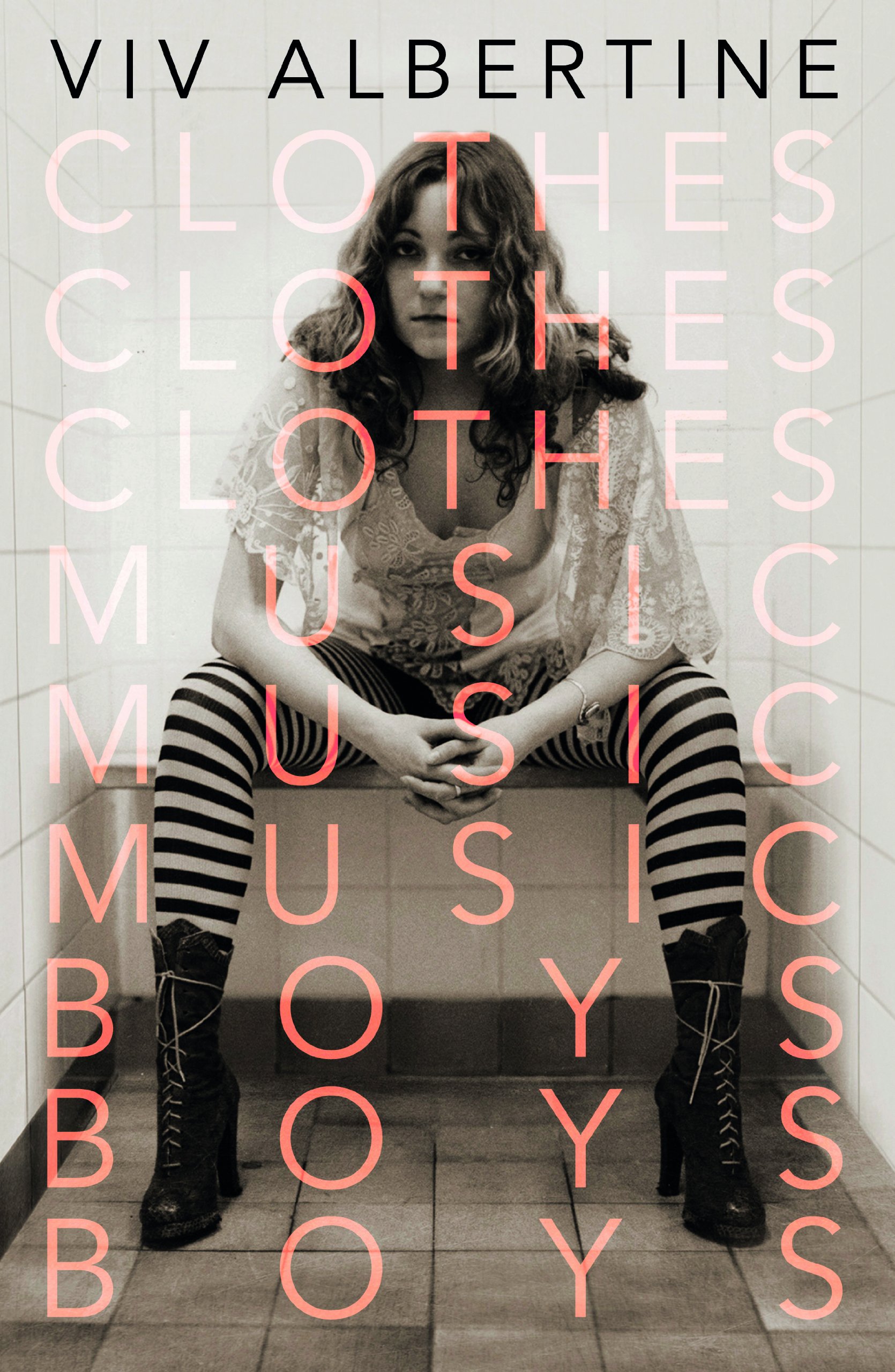
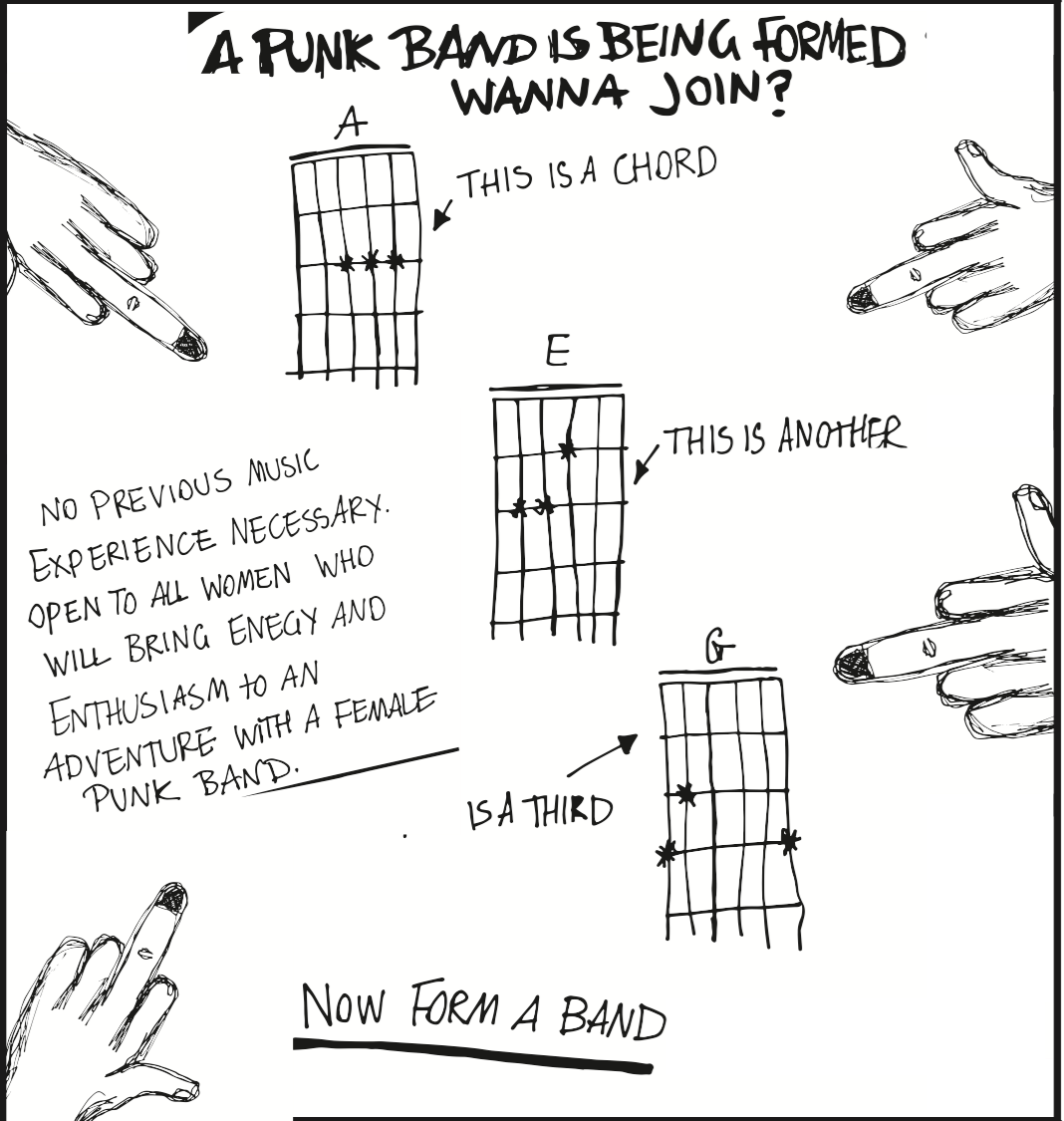
How would you label your music?
Labelling is a tricky thing, I chose to follow Punk because it’s a good starting point to make something, it allows you the freedom of ‘who the fuck cares its punk anyway it doesn’t matter if its shit,’ just letting go and doing what you want is liberating. Punk is about anarchy and destroying, so if there is something you don’t like you tear it up, destroy it and make something else out of it. Not being precious or perfectionist about it, that’s a good frame of mind to have.
How did you become a punk?
So, I suppose I started calling myself a Punk when I became part of the band, because I thought being a Punk you had to make Punk music. But I have found that actually it's more about the way you behave and how you perform yourself. What you believe in, more than any other subculture Punk is a lifestyle you have to react against the norm and be true to yourself. This as a woman comes quite easily, there are so many expectations of what a woman should be and actually just being who you are, dressing and acting for yourself is Punk.
You’ve talked about the importance of a live experience but what do you do (as a lead singer) to create the experience you want for your audience?
I would firstly, describe myself as a frontwoman, perhaps this is more to do with my vanity than the role. Also, women are often ‘lead singers’ whereas I haven’t heard of any frontwomen. A frontwoman suggests more than just singing and I believe that I do more than just sing. Again, it’s about transporting that energy and I don’t just do that through vocals but through my presence on stage. I like to interact and have stage banter in between the songs, I’m a performer, and I want to keep the audience with me at all times which is why I chat and give some context to the songs. The unfortunate thing about rock music is that the lyrics can get drowned out by the instruments, so people can’t catch everything you’re trying to say. Talking in between the music gives me my time to shine.
Would you say that Punk is more than just the music?
Yes absolutely, Punk is a lifestyle, it’s an attitude, it’s a subculture, it’s an aesthetic. It’s anarchy, it’s destruction, it’s no future. That’s what’s so exciting about Punk, it grew out of a time of frustration at the moment in time. For a lot of British young people in the 1970’s, there was vast unemployment, instead of doing nothing so many decided to be in bands. It wasn’t about being able to play an instrument or knowing how to make a song, it was about experimenting and just doing it. History repeats itself, and there is that dystopian feeling around at the moment what with Trump, Brexit, things going wrong with Russia, the Refugee Crisis there’s the feeling of Armageddon. So, looking back at a movement which encouraged something good out of something terrible is always good look back on.
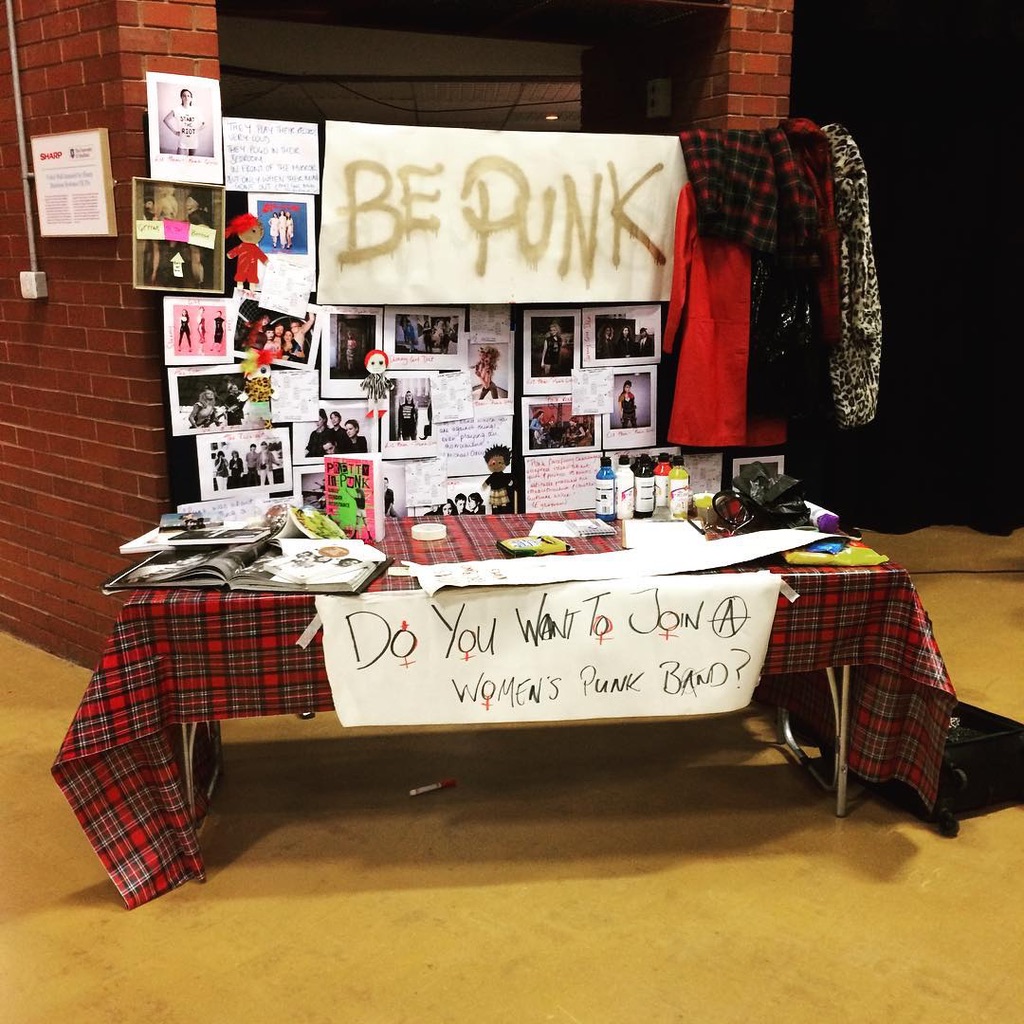
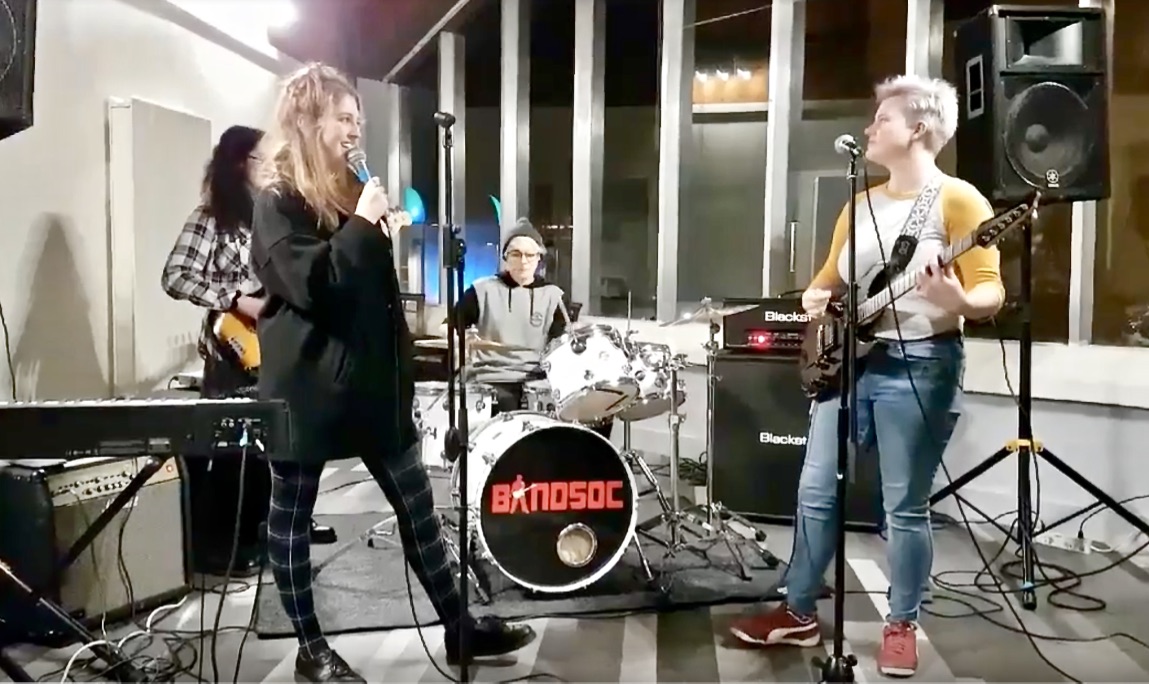
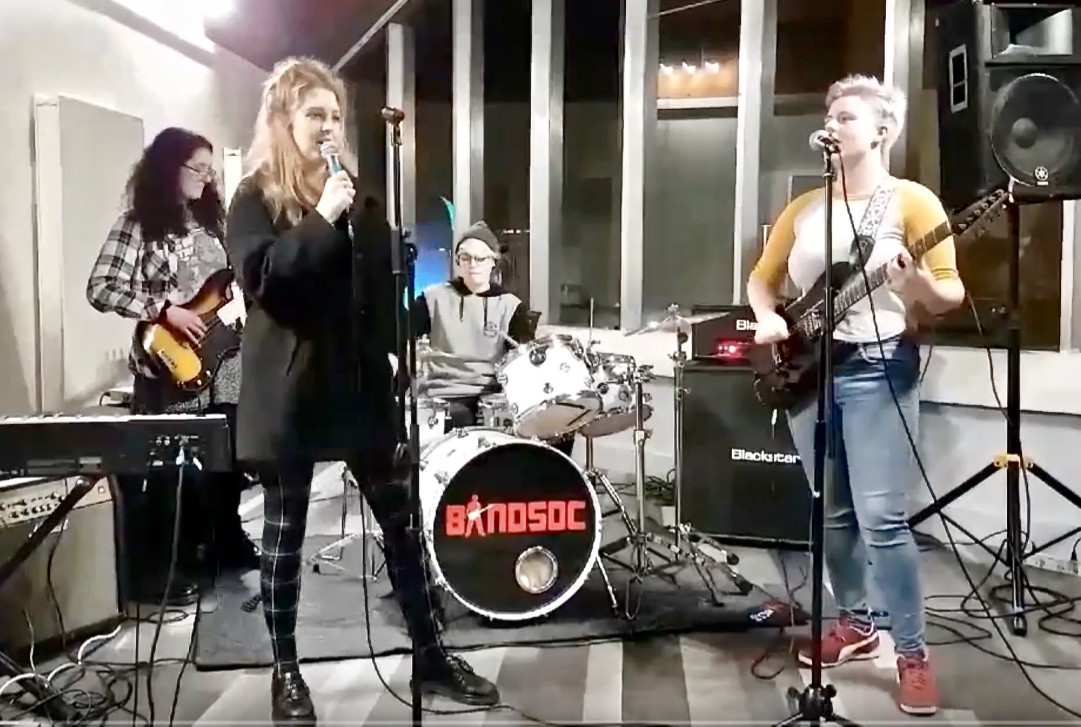
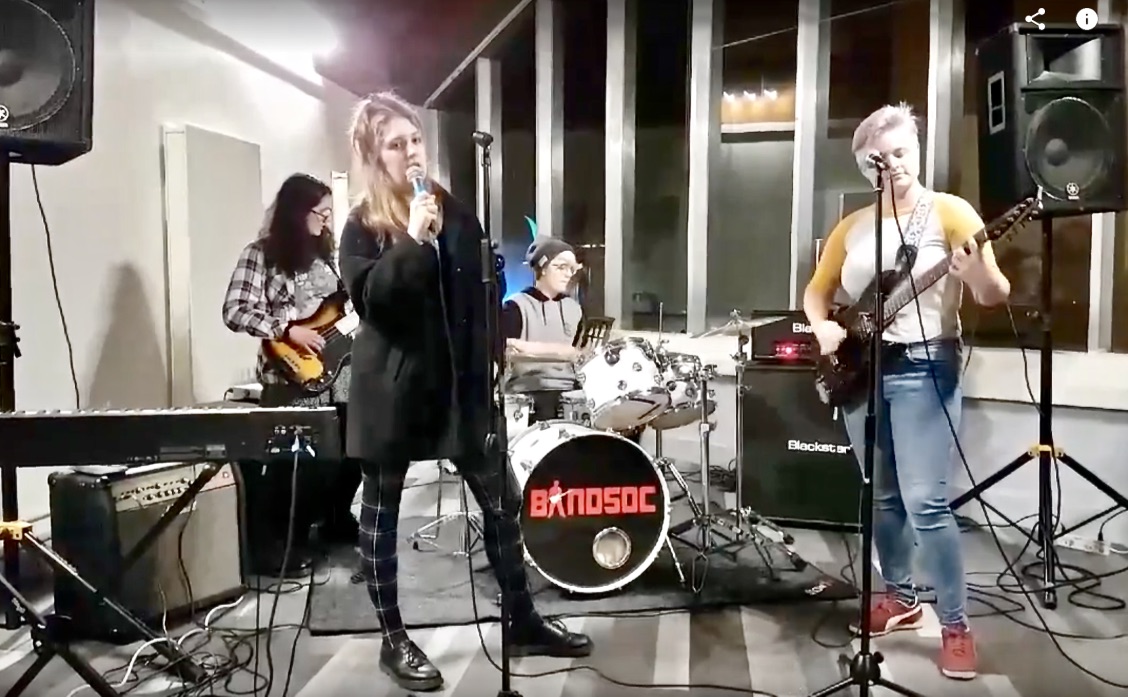
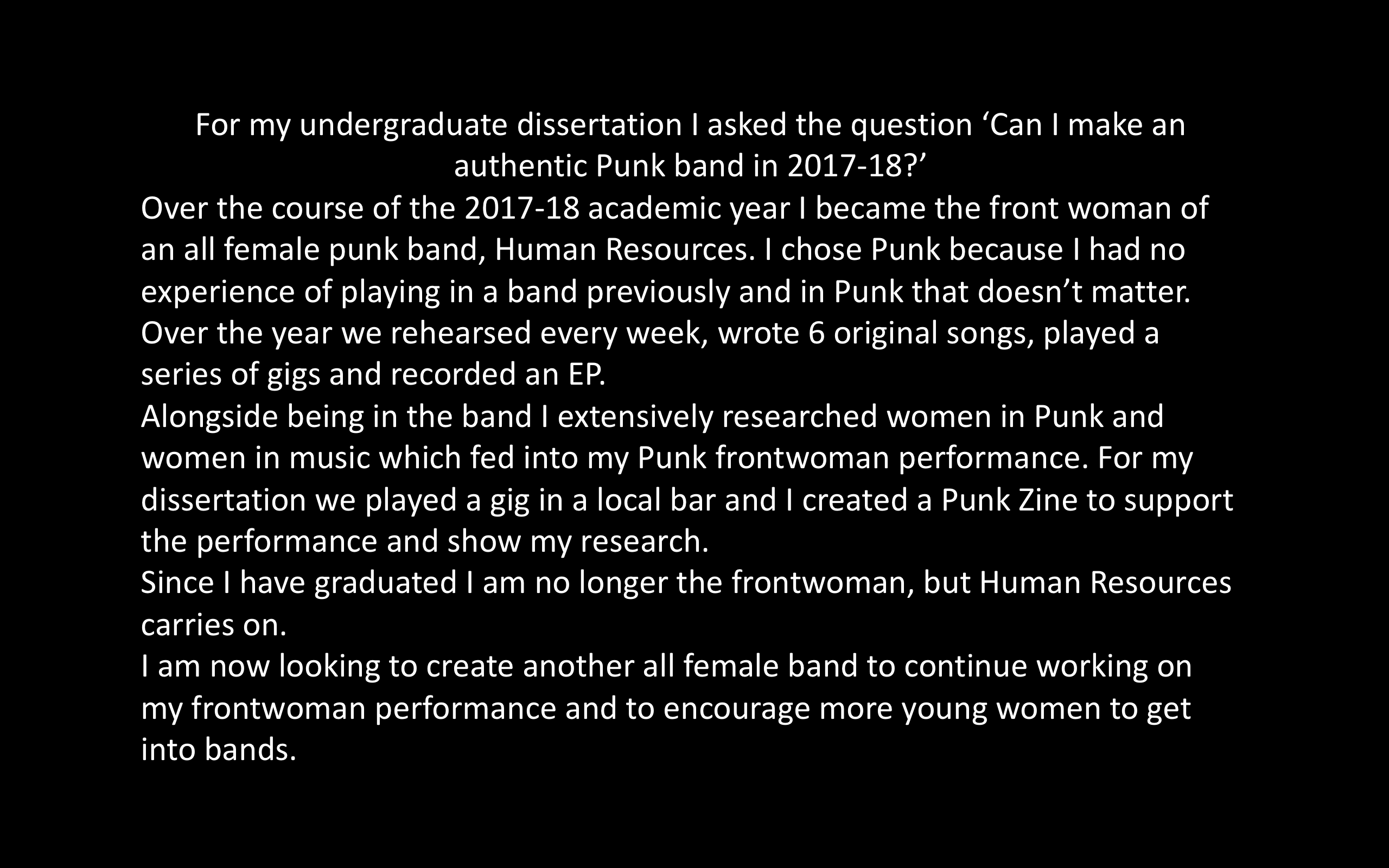
To what extent can an all-female punk band, from Warwick University in 2017, be authentic?
There are two problematic words within the question of my undergraduate research. Firstly, there is the question of what is ‘authentic’ and secondly, what is ‘punk’? Over the course of my final academic year at Warwick University I have set out to unpack what both of these terms mean through the performance of being in an all-female punk band.
The research was inspired by the autobiography of Viv Albertine, the guitarist of The Slits, an all-girl Punk band during the first wave of British punk. I decided that I wanted to be in Punk band of my own, however through research of the Punk movement it transpired that many argue over what Punk is. It is a challenge that I believe is important to carry out as it still uncovers issues that were as much a problem in the 1970s for Viv Albertine as it is now. Over the past few months of being in the band it has brought up questions of gender, identity and performance. It has also brought up issues of my role within the band, as I not only am I the frontwoman of my Punk band but I am also a researcher, critically analysing it as it progresses, I have had to consider the process ethically. Also, I have approached the project from a performance point of view, I have taken on a role to be in the band – it is a challenging role for myself, taking on an ethnographic role immersing myself into a new community and learning new skills.
Link to Spotify account
https://open.spotify.com/album/4Gs0svf3t3rESDT7nrwses